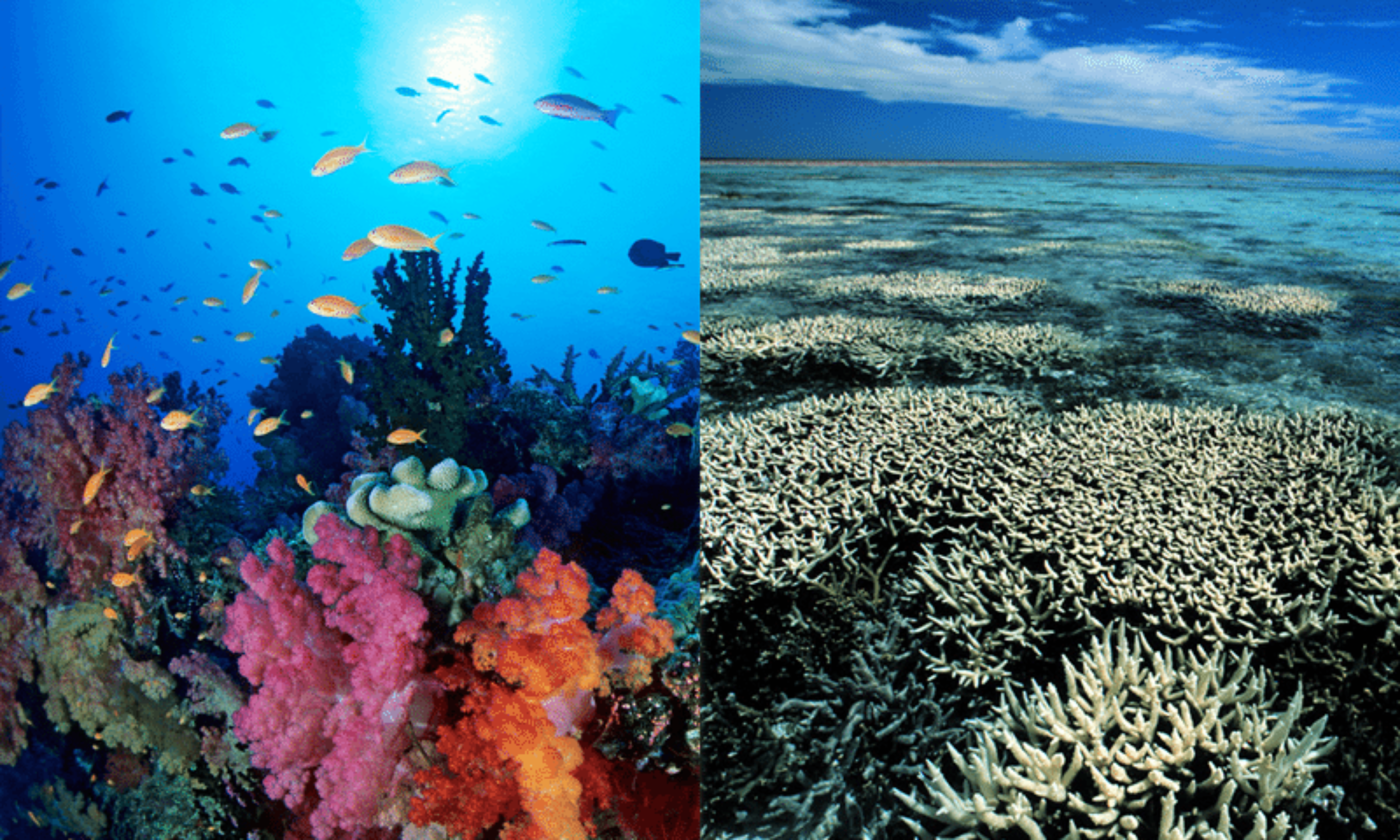By Nabil, Connor, Peyman, and Zoe
The audience for National Geographic seems to be educated adults. There is both a print and online publication of the magazine. The online version of any news source does make it more accessible to younger people. But for both the print and online, the audience seems to be educated adults who like science and its related topics. The purpose is to learn more about the world and all the different types of science within it.
Entirely online since 1999, Grist Magazine has been writing stories about climate sustainability and social justice issues to create a “future that doesn’t suck”. The informal language and catchy tag line (A Beacon in the Smog) paired with their social justice focus makes the audience of this magazine young people that are educated/want to be and have liberal political views. The purpose, as they say is to “work toward a future that doesn’t burn and a planet that doesn’t suck”. Their goal is to educate young people and adults with internet access to learn and care about social justice issues.
Slate Magazine is an American online publication that launched in 1996 and covers politics, arts and culture, sports, and news. There are two versions of the website, it is free to read for Americans and there is a paywall for non-Americans. It is not a breaking news source. This seems to yield a young, educated audience that cares about current American issues. The writing on the website is witty and creative and covers many different topics. This all taken into account makes me believe the purpose is to have readers interpret the world around them and learn to understand it.
